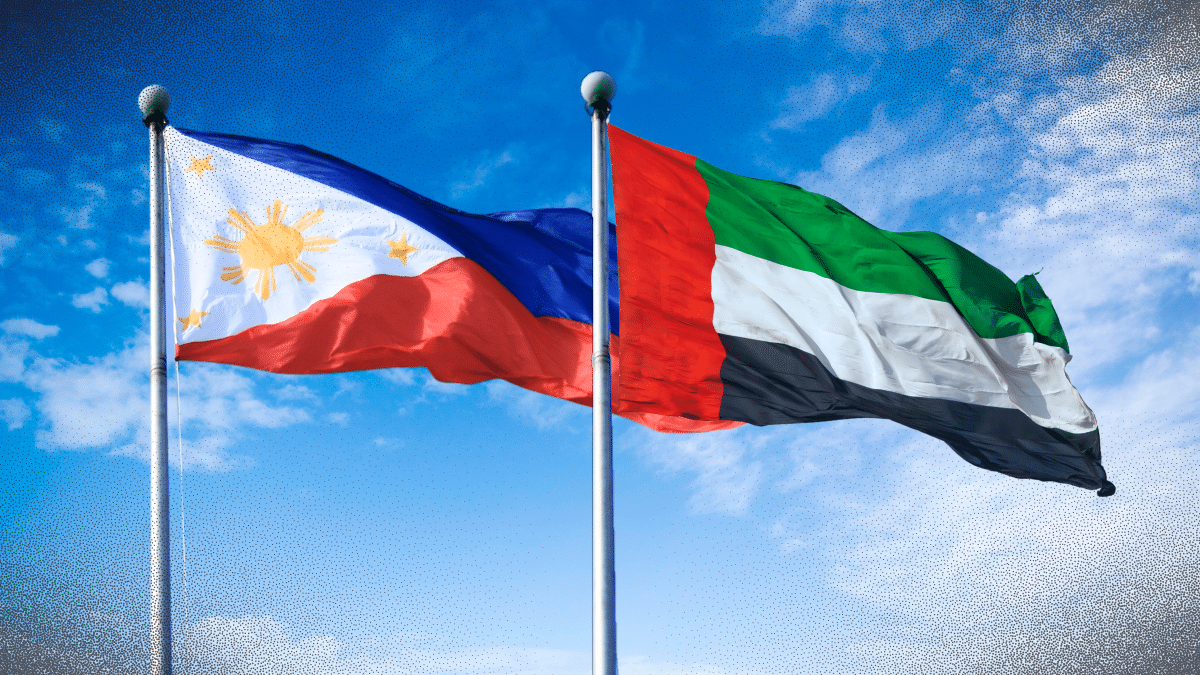Gov’t urged to retain sugar, petrochemicals tariffs under planned UAE FTA

INQUIRER FILE PHOTO
Two Philippine trade organizations last week have asked the government to retain the current tariff rates for sugar and petrochemical products under the planned free trade agreement (FTA) between the Philippines and the United Arab Emirates (UAE) over concerns on the negative impact on local producers.
During the public consultation of the Tariff Commission last Friday, the Philippine Sugar Millers Association (PSMA) urged the exclusion of raw and refined sugar under Commodity Details Chapter 17.01 from being included in the Comprehensive Economic Partnership Agreement (CEPA).
“Although UAE has no agricultural sector to speak of, it has some of the world’s largest sugar refineries. In fact, the two biggest, if I can recall, are Al Khaleej and Emirates. And their procedure is they import raw and export refined (sugar) to the world market,” PSMA executive director Jesus “Cocoy” Barrera said during the hearing.
“Although right now, we are not a part of their traditional export market. But we don’t know the dynamics in the future. They are looking for additional markets to tap, considering that they have invested heavily, particularly the government of UAE, in their sugar refining sector,” he added.
READ: Philippines, UAE set third round of FTA negotiations mid-Sept
The PSMA official added that lawmakers are now reviewing the assistance that the government gives to the sugar sector to make it more productive.
“It would be incongruent that the government is spending so much through the Sugar Exchange Industry Development Act for the development of this industry while we are opening it to potential importation from another source,” he said.
Earlier in July, the Sugar Regulatory Administration (SRA) said that the total production of locally produced sugar has surpassed 1.92 million metric tons, soaring from the 120,000 metric tons recorded in the previous crop year.
In terms of jobs, it is estimated that the industry provides jobs to at least 700,000 Filipinos who are directly employed in sugarcane production.
Meanwhile, the Association of Petrochemical Manufacturers of the Philippines, Inc. made a similar call during the hearing for petrochemical products, citing virtually the same reasons.
“We understand that one of the offensive interests of the UAE is petrochemicals. We respectfully submit that there is no compelling reason to grant tariff preference for petrochemicals coming from the UAE under the proposed trade agreement,” said the group’s executive director, Homer Maranan.
Being one of the world’s largest oil producers, Maranan said that the UAE uses crude oil reserves and substantial gas resources to provide easy, accessible, and cheap petrochemical products.
“Unrestrained entry of petrochemical products like resins from UAE will directly work at cross-purposes with the government’s objective of developing a domestic petrochemical industry, putting at imminent risk the substantial investment, employment, and government revenue generated by the industry,” he added.
